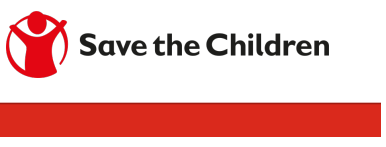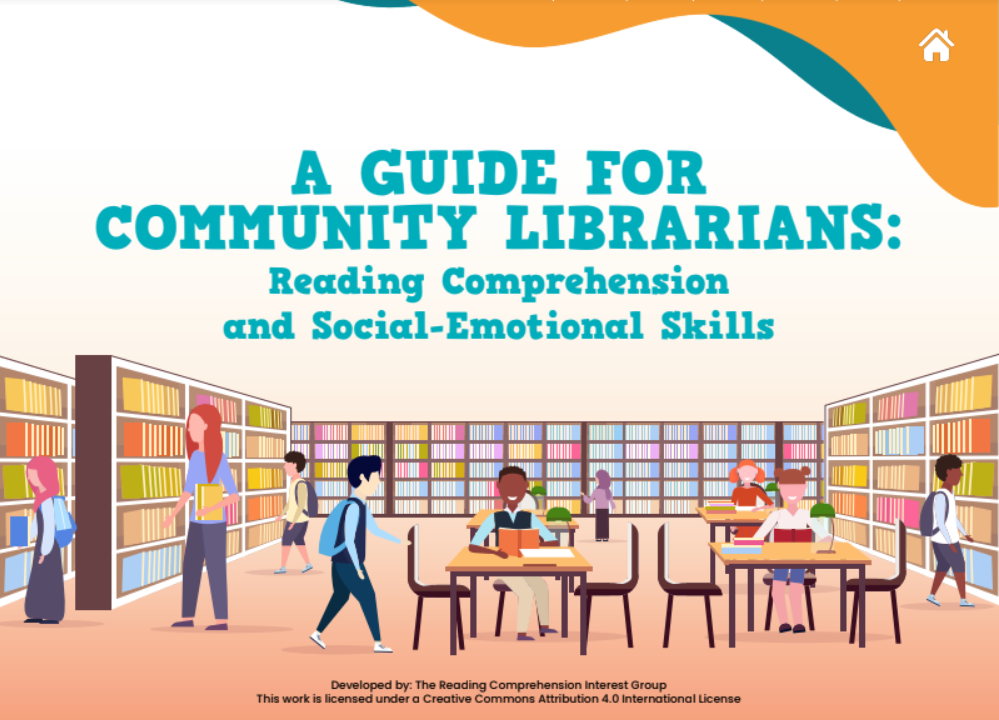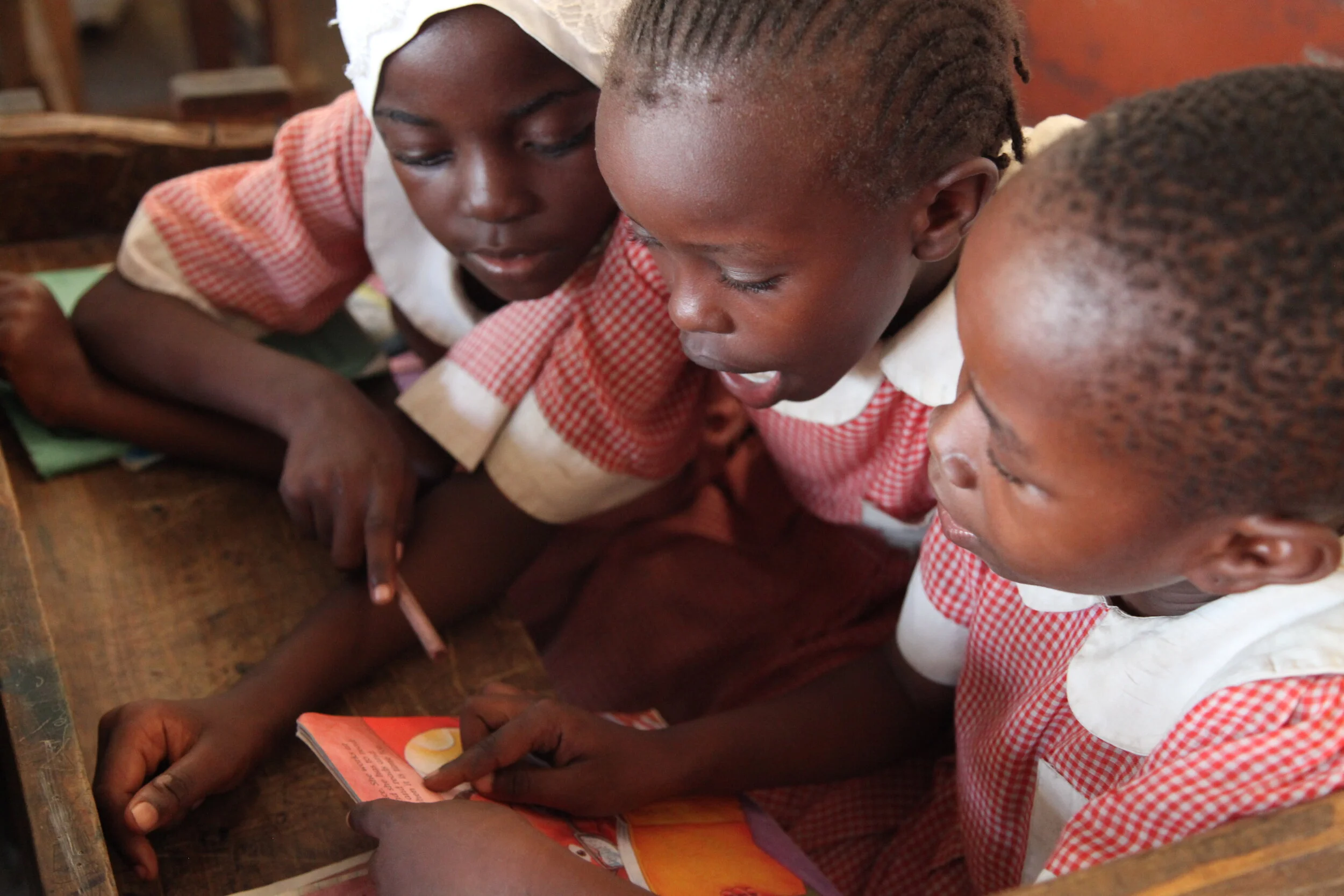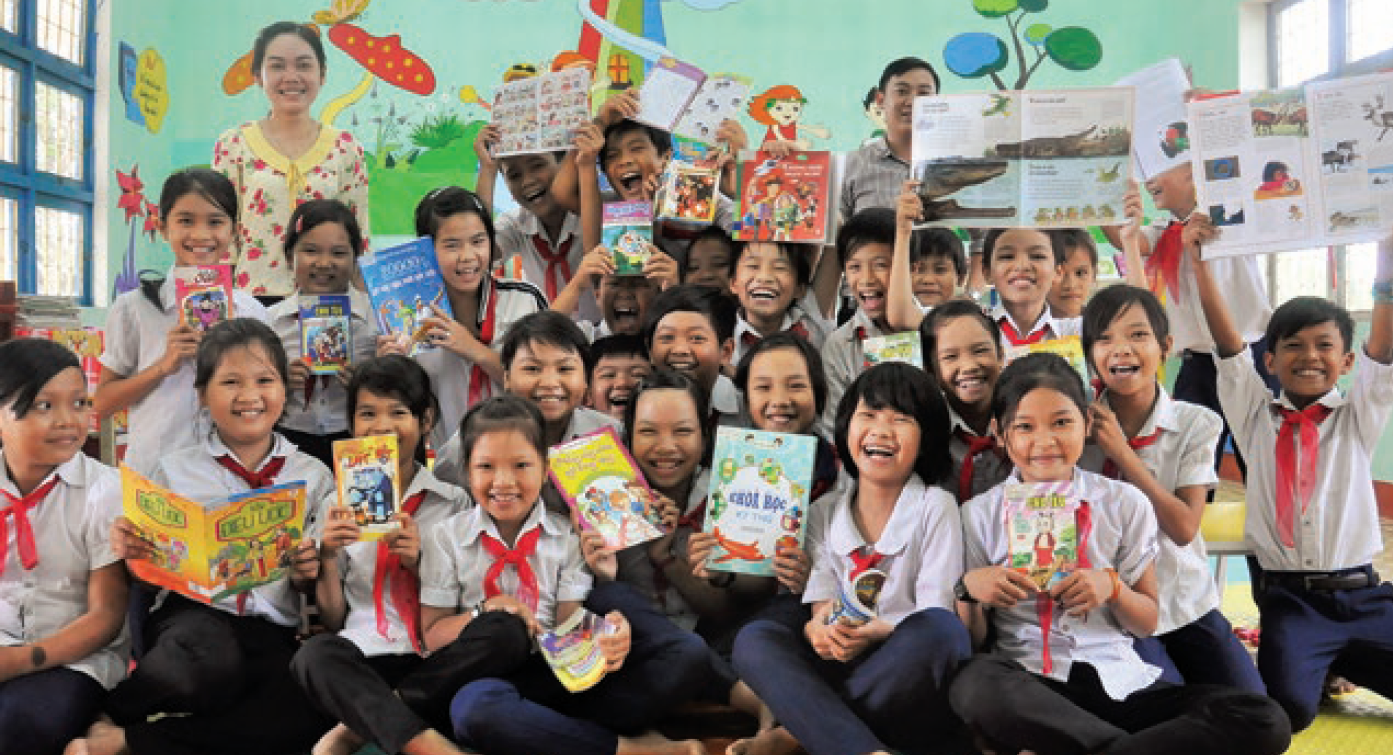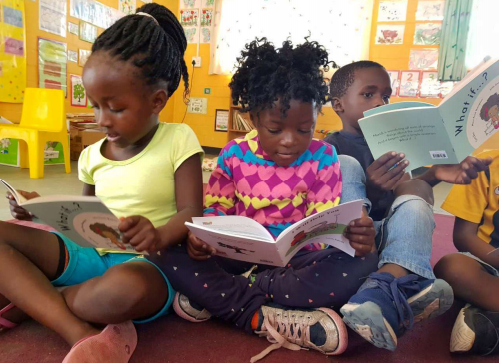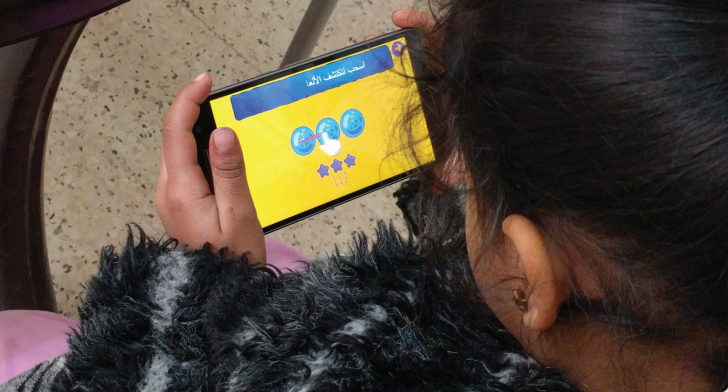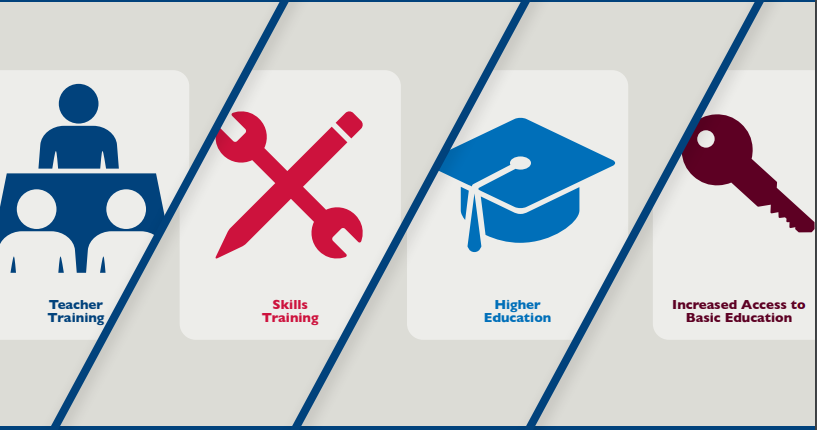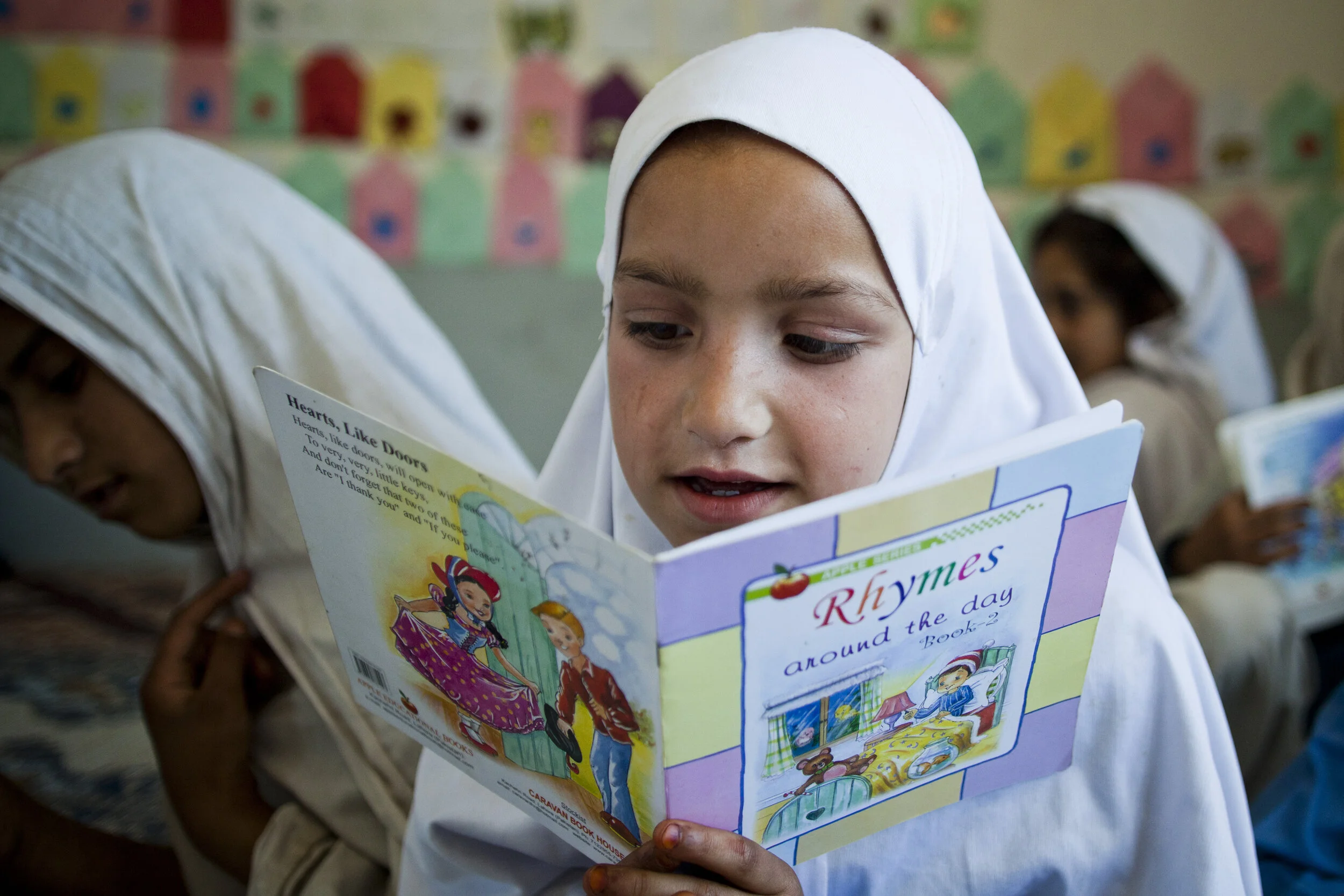USAID, IRA, and AIR 2009
First Principles is a guide to incorporating reading and literacy into new projects and developing effective early grades reading programs. It describes a principled approach to observing core dimensions of effective early grades reading programs, including active teaching and learning in supportive learning environments. Strategies and tools are provided to record evidence of first principles at work in local communities, schools, and classrooms.

